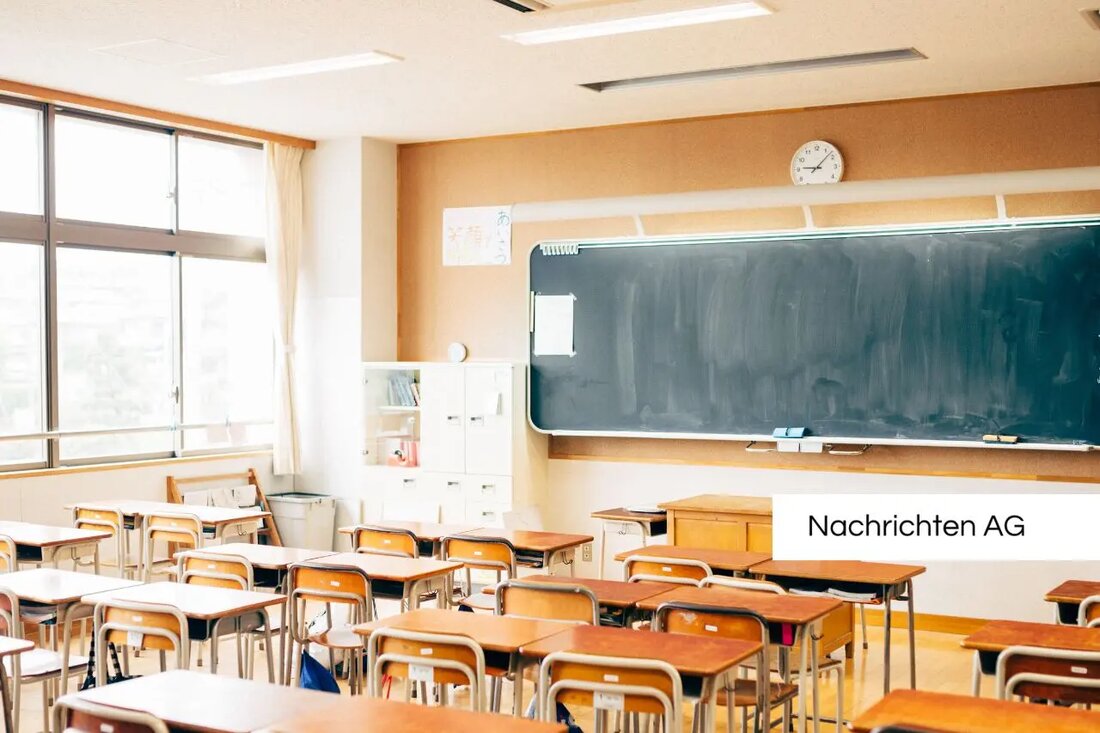School tails in Germany: Why more and more students are missing!

School tails in Germany: Why more and more students are missing!
In Germany, between five and ten percent of the students regularly skip the school, which represents an alarming number. About six percent of young people leave school every year without a degree. The unauthorized absence from school is defined as school absenteeism without submitting a legitimate apology. Experts distinguish three main forms: Aversive school tails, which is motivated by the desire to pursue more pleasant activities; The fear of failure or bullying that the students inhibits; And the reluctance by the parents' house, where violence or abuse may be obscured or support is required. The increase in school absenteeism is partially attributed to the effects of corona pandemic, the Lockdowns led to loneliness and made it difficult to work together in groups. A central problem is the lack of places in child and adolescent psychotherapy.
As prevention measures in school social work, class councils are used, and it is emphasized that participation and participation in school are decisive key to preventing school absenteeism. However, the German school system is described as hierarchical, which restricts the participation of the students. A comprehensive study was also carried out on these topics, which has covered the psychosocial stress of children and adolescents.
psychosocial stress and support
At the beginning of the Covid 19 pandemic, there was a significant psychosocial burden in children and adolescents from one-parents households. The results of the Kida study show that these loads remain even after pandemic and are not exclusively pandemy. Adolescents from single-parent households experienced a stronger psychosocial burden compared to the peers from two-parents households. Over 40 percent of the children from these households reported that they were not sufficiently supported in school or company contexts.
In addition, children and adolescents from one-parents' households are worse off their general and mental health than their peers. According to the KIDA study, 75 percent of single parents want professional support to cope with pandeme-related burdens, whereby the need for support in particular by school psychologists, social workers, sports clubs and pediatricians is required. The study also shows that children from one-parents' household are less likely to take part in sporting activities outside of school, for which logistical difficulties and financial burdens are mentioned as possible causes.
| Details | |
|---|---|
| Quellen | |
